Ants are the worst kind of house guest. Uninvited and unwelcome, they brazenly and take up residence in your home, acting like they own the joint. The worst part is they tend to favor the kitchen, sneakily creeping in and stealing your food like a kid home from college. While there are more harmful pests than ants, there’s something just plain gross about these tiny creatures — they can get into almost everything, including your pantry and food containers.
If you’ve noticed even one ant crawling aimlessly in your home, there are probably thousands more. Isn’t that a fun thought? Ants tend to move indoors during the warmer months, the two most common types being odorous house ants and carpenter ants.
Soon, they turn into a colony, parading around your kitchen carefree. These little critters don’t need to drive you insane, and there are definitely effective ways of showing them who’s boss. Here is how you can get rid of ants and their colonies in your kitchen.
Related Guides
1. Eliminate their food source
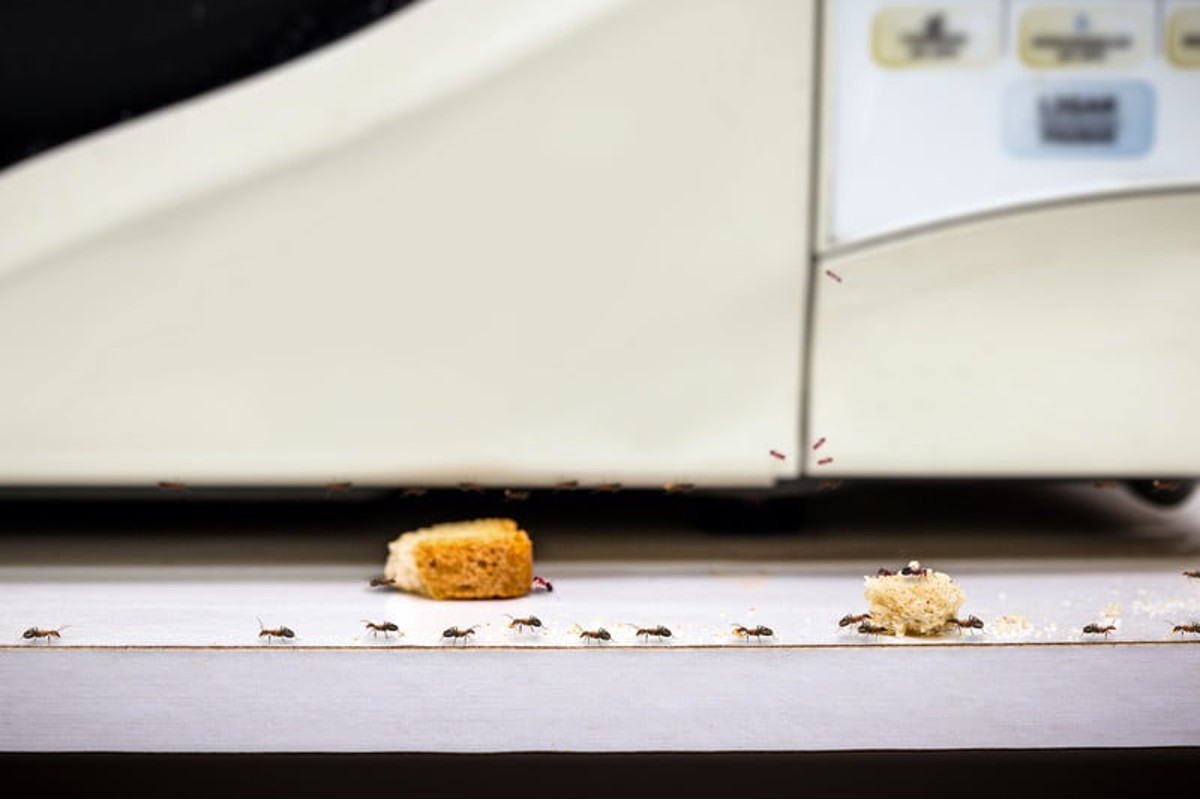
Prevention is more effective than cure, so clearing away food remains and spills is the first thing you need to do. Most of the time, ants make a camp in your home to forage for food. So be sure to store food in tightly sealed plastic bags and containers.
They’re usually attracted to starchy and sweet things, such as honey, cornmeal, and sugar. You’ll want to ensure there are no smears, splatters, and spills of such food items anywhere in your kitchen. Also, clean up food crumbs around your appliances and in garbage pails. Generally, the cleaner you keep your kitchen, the less likely it is that you’ll have ants move in.
2. Block their entry points
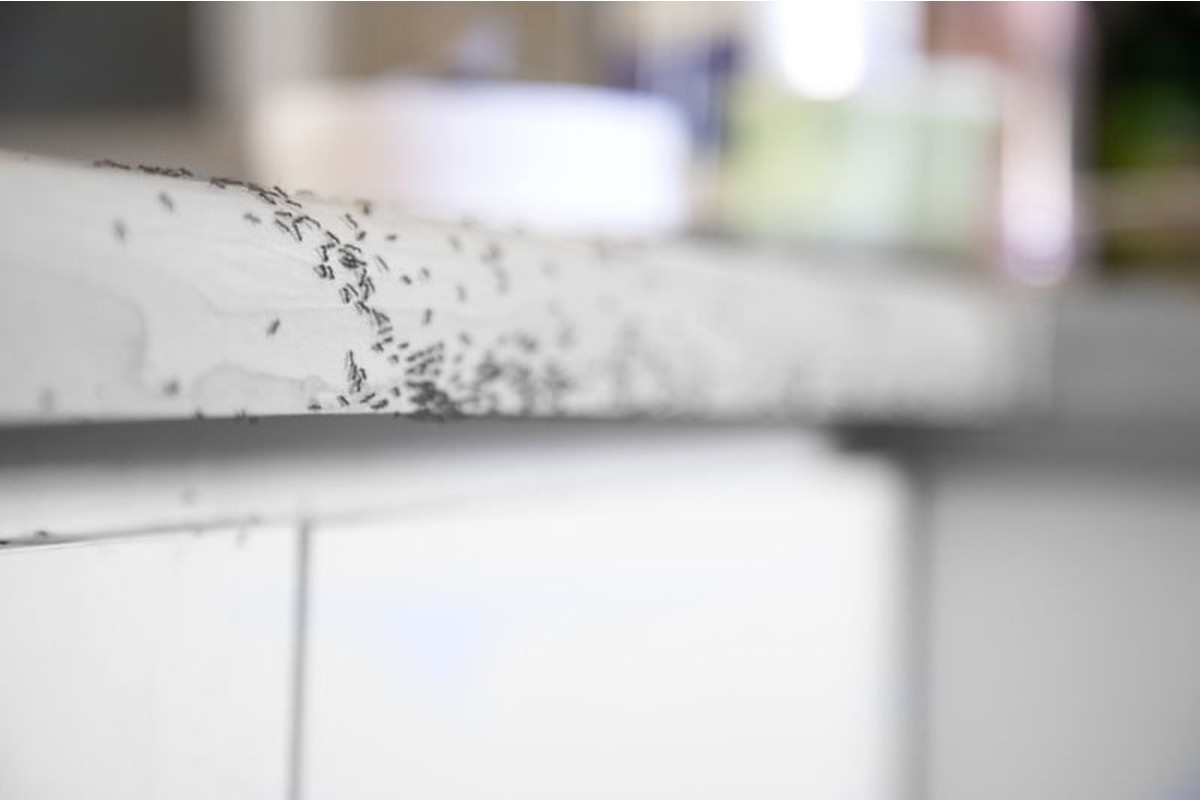
You can also keep ants away from your kitchen by blocking their entry points. While it can be impossible to seal every nook and cranny, try as much as possible to seal cracks, crevices, and holes in walls, radiators, and near floorboards. The secret is to follow their trail to find out their entry point. Also, check around window frames, screens, and doors. If you live in a standalone house (vs. a home in a condo building), you can inspect the exterior of your foundation, where you should be able to eventually find a trail of ants moving in and out.
3. Use ant deterrent
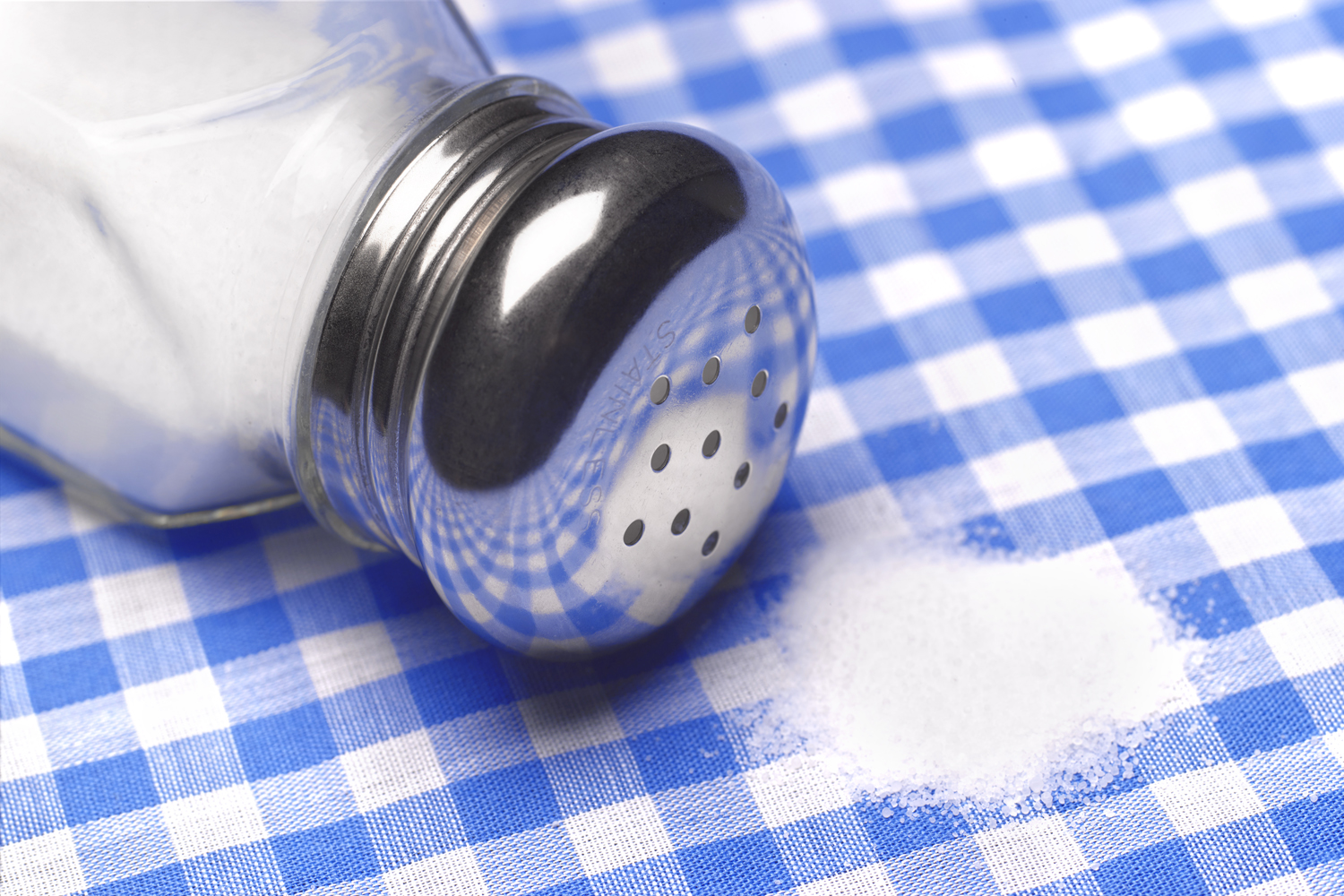
It’s still possible to spot ants in the kitchen even if you blocked their entry points. In this case, it’s worth applying an ant deterrent, such as pepper, cinnamon, curry powder, salt, or chalk. Remember that some of these items can irritate your child’s or pet’s eyes, nose, mouth, or skin — you should be careful when using them.
Also, soak a few cotton wool balls in citrus or peppermint essential oils and place them in the corners of your cabinets and drawers. Lining your doors and windows with talcum powder and petroleum jelly is also effective in keeping ants at bay.
4. Use natural anti-ant sprays
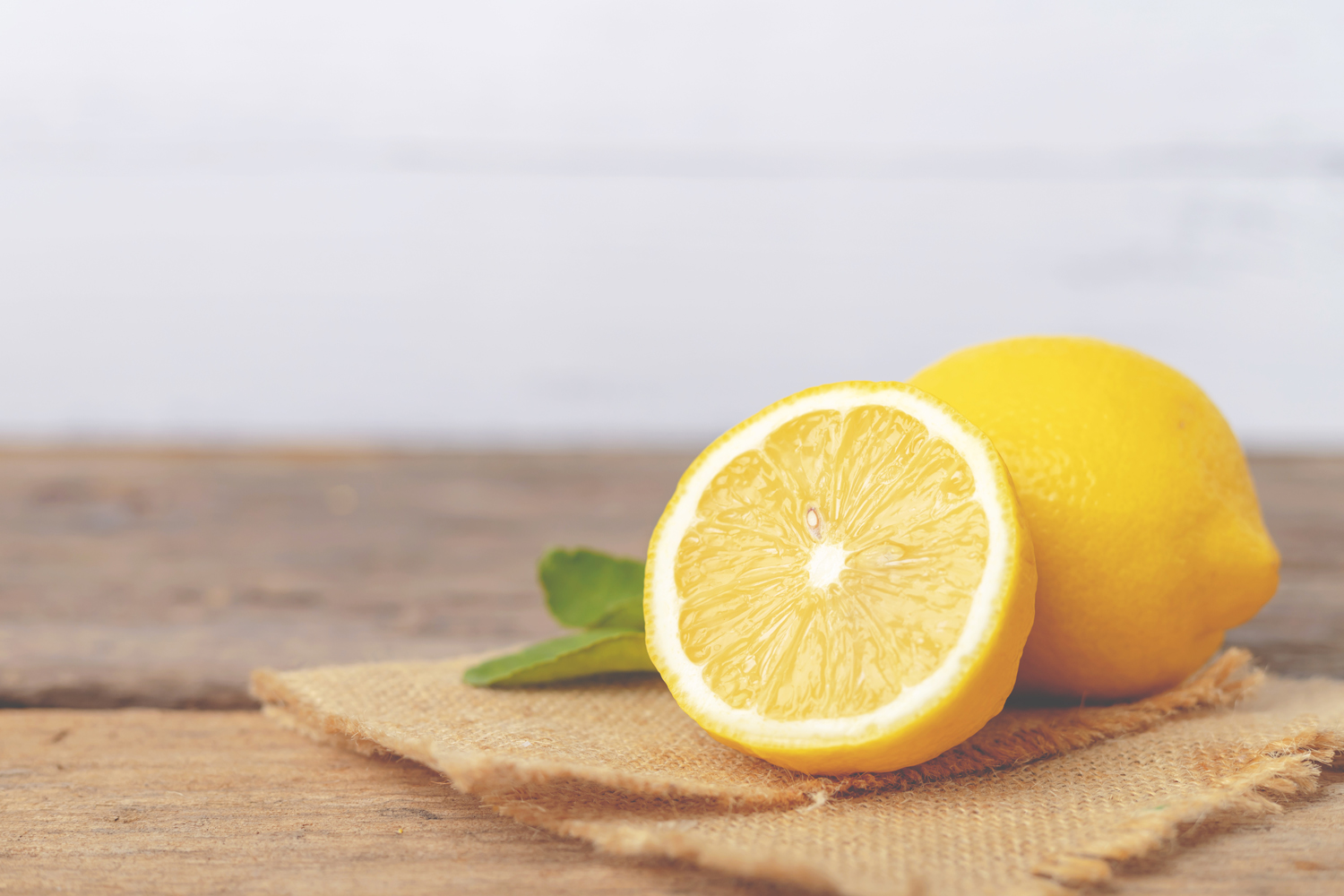
If you already have an ant infestation, using natural sprays provides a humane means of ant control. You can easily make the sprays at home using a variety of readily available products and essential oils, such as lemon, peppermint oil, vinegar, and others.
Just fill a spray bottle with equal parts of vinegar or lemon juice and warm water. Be sure to shake the bottle to mix the solution well. Spray your kitchen floors, countertops, corners, and other surfaces. Follow their trail and spray the solution where they have established their colony.
Natural and homemade products you can use
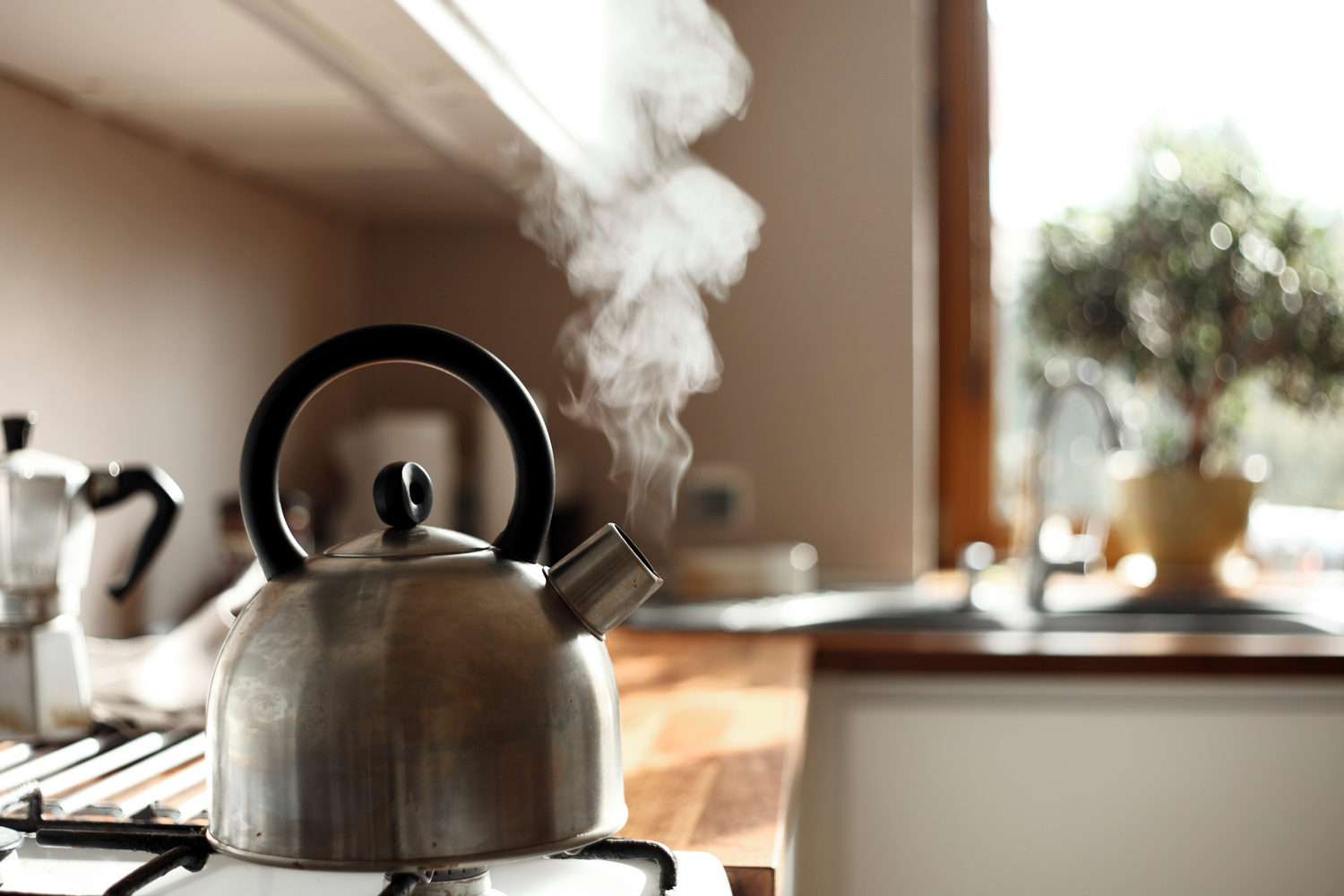
There are various products you can use to keep sugar ants out of your kitchen. It’s possible that you already have some of these products right in your kitchen. Maybe you’re even using them as home remedies for other issues.
Diatomaceous Earth
This is the go-to option for killing different pests, and it works effectively for ants, too. Diatomaceous earth is a type of silica comprising fossilized remains of aquatic organisms. Just apply it around the ant colonies and leave it for a few days. It kills ants by absorbing their oils, drying them out.
Boiling Water
Using boiling water is an ideal way to kill ants in the kitchen. Identify ant holes in your kitchen and near your home and pour boiling water into them. While the boiling water won’t kill the entire colony, it will kill as many ants as possible.
Pepper
Whether it’s red or black, pepper usually irritates ants, making it an excellent ant deterrent. Sprinkle pepper behind appliances and around baseboards to get rid of ants in the kitchen. This remedy is completely safe and natural.
Hand Soap
This everyday home product can also be handy in controlling ants in your kitchen. Use the soap to make soapy water, which you can sprinkle around your kitchen. Soapy water clears the scent of ant pheromones, which they use in following trails. Without the scent, they’re unable to communicate with each other, scattering in differing places.
Boric Acid
This is also another effective remedy for killing ants, and it’s been proven to kill all ants within three weeks. Boric acid is a type of poison, and it kills ants by eroding their stomachs and outer shells. Remember to keep it away from kids and pets, wear gloves when handling it, and clean and dispose of dead ants in the kitchen drain.
Borax
Yes, Borax. The powdered substance that your grandmother might have added to her loads of laundry is also effective for eliminating ants in your house. Mixed with water and sugar into a syrup of sorts, it is left out near places where ants frequent. The ants ingest it, then take it back to the queen. After a few days, it wipes out the whole colony. Careful though, it’s mildly toxic, so don’t leave it out where kids or pets could reach it.
Vinegar
This favorite food ingredient also makes for a great remedy for ants. Simply create a 50-50 water and vinegar solution and spray it around your kitchen. You can also use vinegar alone, and it works by killings ants and also by repeling them. Unlike humans, ants can smell vinegar even after it dries, making a great remedy.
Essential Oils
You can try different essential oils, such as tea tree, peppermint, neem, lemon, eucalyptus, and cinnamon leaf oils. All these oils act as ant repellents, and you can mix them with water or use them alone to remove the tiny ants from the kitchen. They contain natural chemicals that irritate ants, forcing them out of your home.
Why am I getting ants in my kitchen?
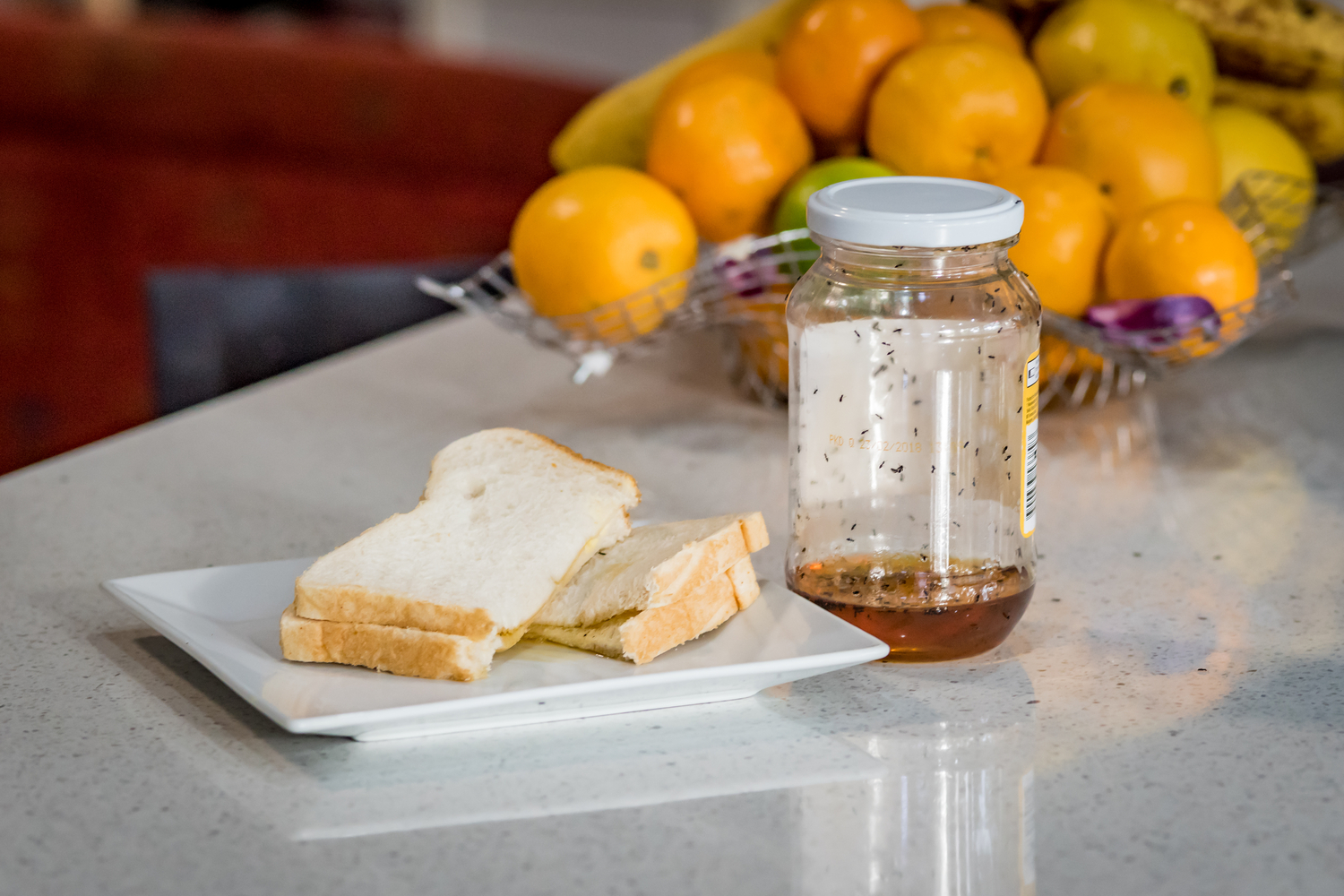
Ants in your home tend to appear out of nowhere. If you spot them in the kitchen, don’t panic! They infest your kitchen for easy access to food and beverages and nothing else. If your kitchen countertops are dirty or there are easily accessible crumbs, sweets, and fruits, these pesky creatures will find their way to it.
It doesn’t take much food for ants to invade your kitchen — sprinkles of sugar, crumbs of cake, and even a small spill of juice are enough to attract them. They’re always in constant search for food, and they easily settle where they find it.
Keep your kitchen ant-free

You don’t need to struggle with identifying effective ways on how to get rid of ants in the kitchen when you can use home remedies. While most ants are pretty much harmless, they wreak havoc in your kitchen and can ruin the foundations of your home.
If you notice ants in your kitchen, take note of their trails and movements to identify where they have set up a colony. You can use the home remedies shared above to kill or get rid of them. Also, make sure the queen is dead to prevent the problem from returning. You can then seal all gaps and cracks in your walls, windows, and doors. Once you’re done with all of that, make sure to refresh your home to eliminate clutter so that you’re better able to limit places where ants can hide.



